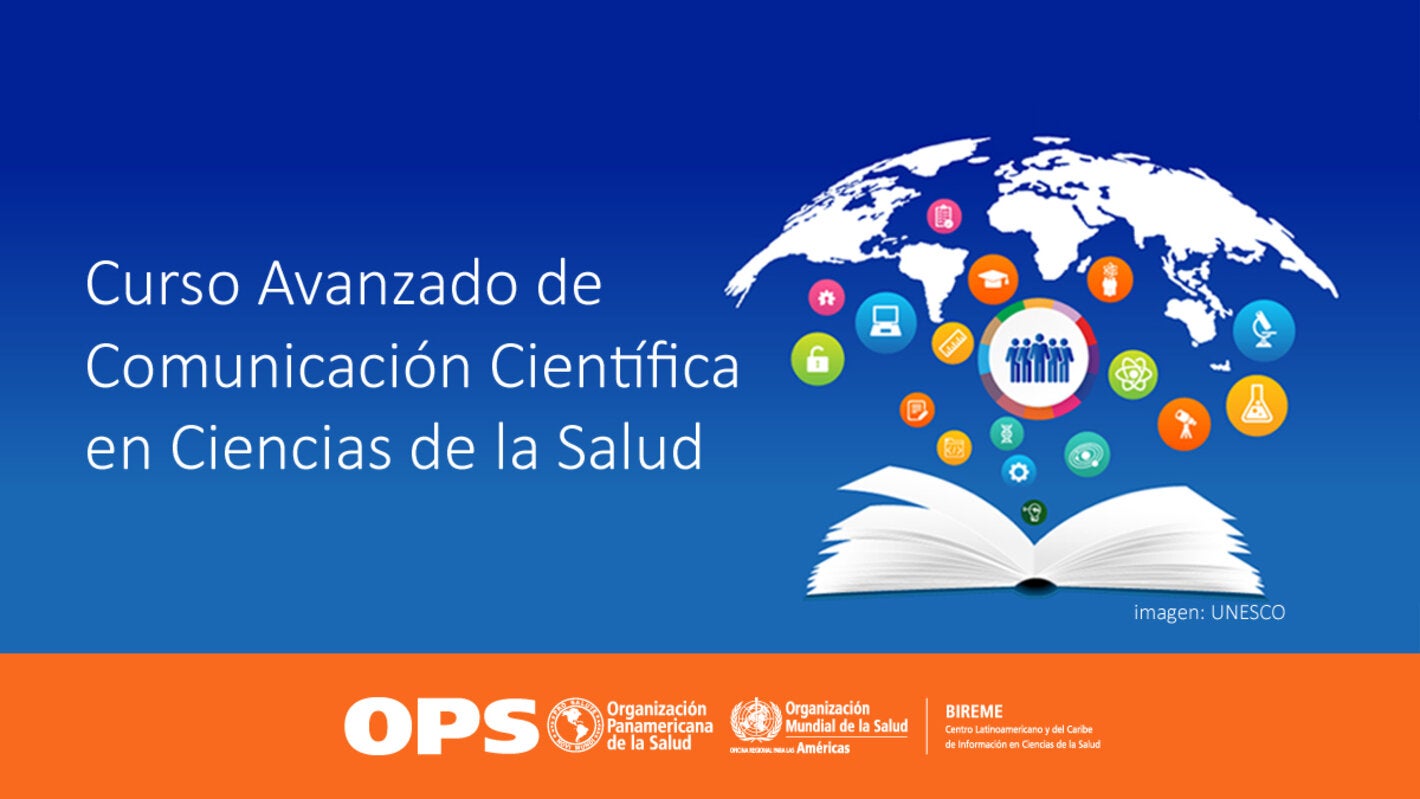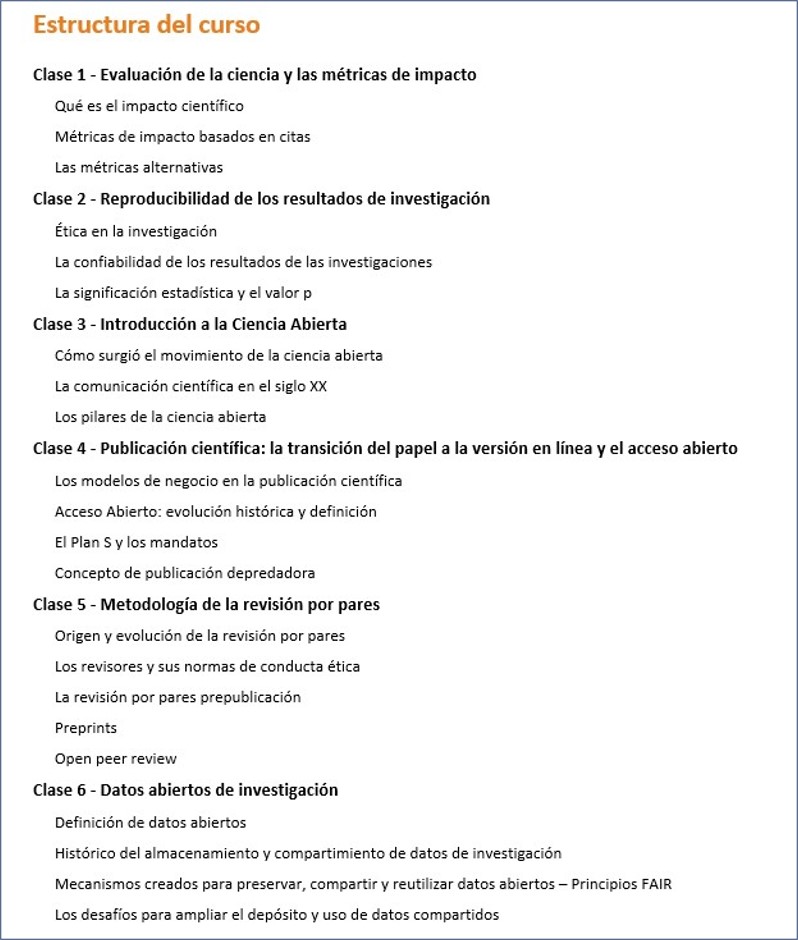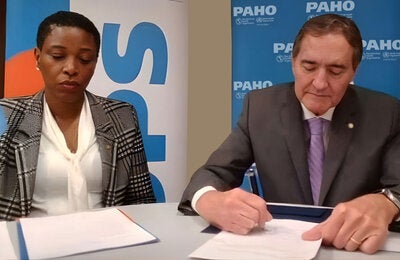
February 23, 2023 (PAHO) — The guarantee of access to the benefits of scientific progress is a human right that has been little studied and developed, despite being recognized by the Universal Declaration of Human Rights[1] and the American Declaration of the Rights and Duties of Man[2].
This right acquires special relevance today, considering the accelerated and continuous scientific and technological advances and their impacts on society, economy, democracy, and people’s rights, and more recently, on the covid-19 pandemic that still impacts all continents.
It is worth noting the importance of the 2017 UNESCO Recommendation on Science and Scientific Research as a means of supporting the achievement of the 2030 Agenda and its Sustainable Development Goals (SDG), with particular attention to SDG 9, as a means of strengthening science, technology and innovation and making the best use of their benefits. This “Recommendation on Science” was adopted by the 195 Member States in November 2017, meeting at the General Conference of UNESCO at its 39th session[3].
The overall goal is to strengthen science itself while ensuring other interests, including the peaceful use of knowledge and other benefits that science can produce. This framework addresses science, technology, and innovation, including scientific publications and research results with practical applications. It encompasses all disciplines of science, including the social sciences, and conducting research and innovation in all environments, including the private sector and citizen science.
In August 2019, the Workshop on Human Right to Science: Latin American Perspectives was held in Buenos Aires, Argentina[4]. UNESCO placed the Right to Science and Access to Knowledge as one of its main axes for action in the Latin American and Caribbean region. On the one hand, it aimed to consider the right to science from a Latin American perspective, contributing to the global debate. On the other hand, it sought to install the discussion in the regional agendas of human rights and science policies for development at the regional level. Moreover, it aimed to start creating a critical mass of experts, institutions, and organizations that, from a multidisciplinary perspective, could help develop the right to science in LA&C within the framework of the 2030 Agenda.
On the occasion of the 41st United Nations General Conference, which took place in November 2021, 195 Member States agreed on the foundations of the Recommendation on Open Science[5], which rests on three pillars: (1) make scientific knowledge open, accessible and reusable for all; (2) increase scientific collaboration and information sharing for the benefit of science and society; and (3) open the process of scientific knowledge creation, evaluation and communication to society beyond the scientific community.
If some of us had any reservations about the universality of these pillars, they became evident during the covid-19 pandemic. International collaboration among researchers who immediately shared their results made it possible to create, test, and produce vaccines and therapies against covid-19 in previously unimaginable time frames. Science, these days, is at the center of public debate and in the media. We are, perhaps without realizing it, following what open science establishes, by extending the scientific debate to the whole of society, beyond the academic environment.
In line with the 2017 UNESCO Recommendation on Science, in this particular aspect, the goal of the Pan American Health Organization, through BIREME, is to improve the quality and increase the quantity of reports resulting from scientific research and clinical observation. We began the fulfillment of this goal by launching, in 2019, the Introductory Course on Scholarly Communication in Spanish (translated into Portuguese in 2021) that enabled to train health professionals, researchers, undergraduate and graduate students of health sciences careers to correctly write scientific articles, following normative systems, observe authorship criteria and ethical standards, and increase the likelihood of having these articles accepted for publication in journals
BIREME, como el Centro de Evidencia para la Acción en Salud de la Organización Panamericana de la Salud/ Organización Mundial de la Salud, lanza ahora el Curso Avanzado en Comunicación Científica en Ciencias de la Salud[6], enfocado en los pasos que ocurren después de la presentación del manuscrito: la evaluación de la ciencia y las métricas de impacto, la reproducibilidad de los resultados de investigación y, especialmente, las prácticas de la ciencia abierta, que incluyen el acceso abierto, la apertura progresiva de la revisión por pares, y la disponibilidad de datos de investigación en acceso abierto, con el objetivo de su preservación y reutilización.
The course, hosted in the PAHO/WHO Virtual Campus for Public Health is based on self-learning without tutoring, and is composed of six video lessons in Spanish, followed by a test with multiple choice questions to check whether the participant has understood the concepts exposed. At the end, if 70% of the answers are correct, a personalized certificate issued by PAHO/WHO can be obtained. The course program is available at this link. Like all VCPH courses, it is accessible to all and totally free.
We hope to strengthen scientific research in the Region, and thus contribute to fulfilling PAHO’s mission to promote equity in health, combat disease, and improve the quality and life expectancy of the populations of the Americas.
[1]The Right to Enjoy the Benefits of Scientific Progress and its Applications. Conference: Experts’ Meeting on the Right to Enjoy the Benefits of Scientific Progress and its Applications, 3rd Ed., Venice, Italy, 2009. Available from: https://unesdoc.unesco.org/ark:/48223/pf0000185558
[2]Inter-American Commission on Human Rigts. Organization of American States. American Declaration of the Rights and Duties of Man. (Adopted by the Ninth International Conference of American States, Bogotá, Colombia, 1948). Available from: https://www.cidh.oas.org/basicos/english/basic2.american%20declaration.htm
[3]UNESCO. 2018. Recommendation on Science and Scientific Researchers. UNESCO General Conference, 39th Session. Paris, 30 October-14 November 2017. Available from: https://unesdoc.unesco.org/ark:/48223/pf0000260889.page=116
[4]UNESCO. Workshop on Human Right to Science: Latin American perspectives. 2019. Available from: https://en.unesco.org/events/workshop-human-right-science-latin-american-perspectives
[5] UNESCCO. 2021. UNESCO Recommendation on Open Science. Available from: https://unesdoc.unesco.org/ark:/48223/pf0000379949.locale=en
[6] Campus Virtual de Salud Pública de la Organización Panamericana de la Salud. 2023. Curso Avanzado de Comunicación Científica en Ciencias de la Salud. Available from: https://www.campusvirtualsp.org/es/curso/curso-avanzado-de-comunicacion-cientifica-en-ciencias-de-la-salud-2023




